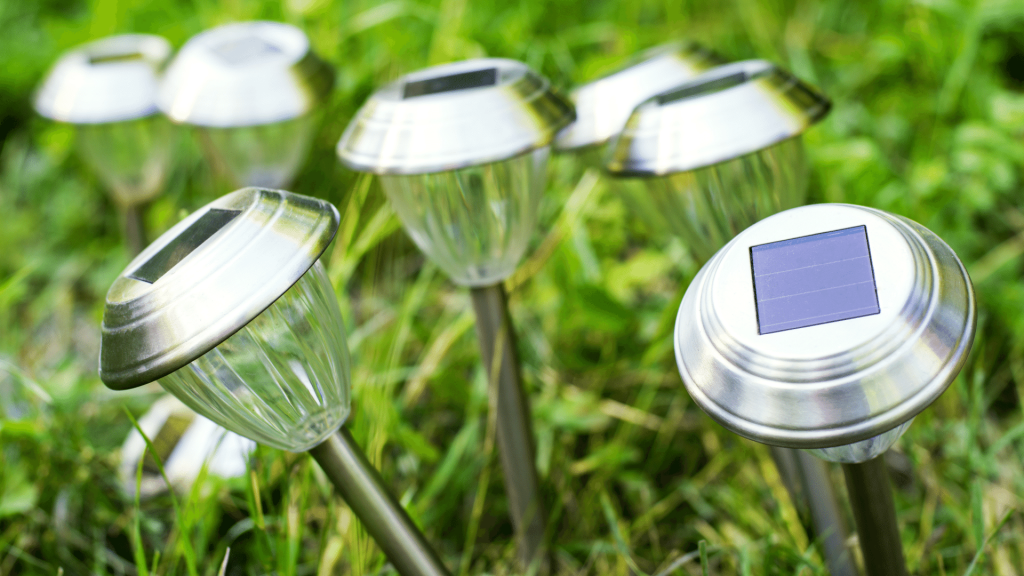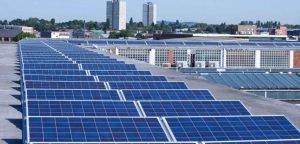Solar power is the best source to reach your goal if you ever thought about being eco-friendly and worry-free electricity. We use solar power to generate electricity and use it for our electric devices such as CCTV cameras, Fans, Lights, etc.
A solar panel is completely an outdoor device, and it is made to resist every environmental condition such as rain, wind, snow, etc. When it comes to outdoor lighting with solar panels, we need to ensure the solar lights are protected from those weather conditions, especially with rain. Here we brought you the complete guide on how to protect solar lights from rain. Read and learn solar light maintenance in the most suitable techniques.
Can solar lights be left out in the rain?
Yes, without a doubt. For solar lights of high quality, you may keep them outside in the rain since outdoor solar lights are designed to be water-resistant/waterproof per the manufacturer’s specifications. Make sure to inquire with your local store about whether the product is water-resistant or not. Then you can decide if you can keep your solar lights outside in the rain without fear of them being damaged.
Can solar lights be left out in the rain?
It’s essential to understand the difference between water-resistant and waterproof solar lights to use them properly. Most customers end themselves in severe trouble because they don’t understand the difference between these two goods.
Water-resistant solar lights indicate that they are suitable for outdoor installation under certain restrictions. They will not be able to withstand extreme weather conditions such as heavy rain, snowstorms, and other similar events. If you have a solar light that is merely water-resistant, we suggest that you use it with a cover to extend the life of your solar lights. We’ve written about how to make a DIY protective cover for your solar lights to keep them safe from the weather. Please continue reading.
Waterproof solar lights indicate that they are already prepared to withstand the severe weather conditions we discussed before. As a result, solar lights may be left outside in the rain as well. However, as a precaution, make sure that they are properly placed. You should be aware that these waterproof solar lights may not function properly in extreme weather situations such as thunderstorms, floods, and other natural disasters.
Solar lights aren’t working after rain, what should I do?
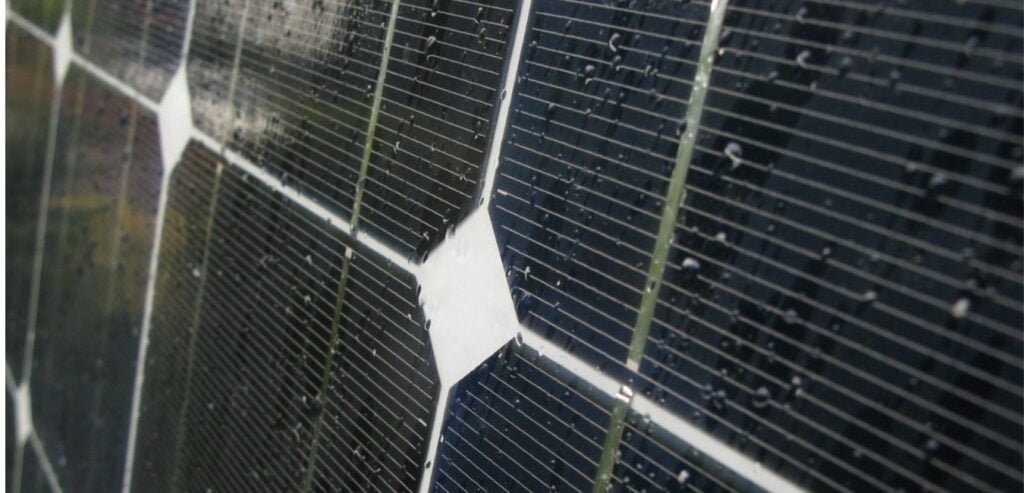
Due to the fact that the majority of solar lights ceased functioning after rain, this is a frequently asked issue. As a result, we’ve put up a DIY (Do It Yourself) technique for protecting and extending the life of solar lights.
- Purchase a silicon tube with a standard sealant type.
- Get a slightly thick polythene sheet.
- Clean the solar panel surface of the solar light using a smooth cloth or tissue paper to ensure that the solar light operates properly.
- Because it ensures that the silicon will adhere to the surface without any issues, if the outside cover surface is not rough, lightly scratching it will assure that it will adhere without any issues.
- Paste the silicon on the solar panel and outer surface.
- Cut a piece of the polythene sheet and paste it over the silicon.
- Spread the silicon evenly over the surface with a light hand.
- Make sure that the silicon paste is completely covering the whole solar panel and out the cover surface.
- Allow for a couple of hours of drying time.
- Remove the polythene sheet that was attached to the solar light.
- You have successfully added a protective DIY cover to your solar lights.
Some reasons why solar lights stopped working.
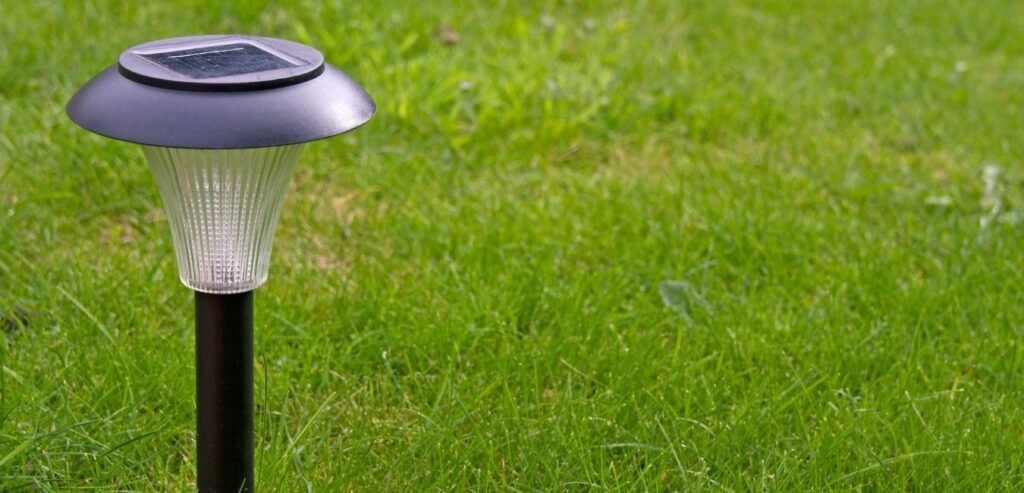
Water leakage from the cover area and short circuit.
If there is a water leak, the water will undoubtedly damage your solar light circuit and cause it to fail. Water leaking from the solar panel surface may get into the batteries as well. As previously said, always make sure that your solar lights are properly covered.
No sufficient sunlight.
Solar lights are powered by batteries, and batteries are powered by solar power. Therefore adequate lighting conditions are required to keep the batteries charging, and solar lights to work. Placing your solar lights in an open area will eliminate this issue.
Dirty solar panels.
It is not unusual for solar lights to stop functioning after months of neglecting to clean the solar panel surface of the solar light. The outdoors is littered with dust and other tiny particles of filth.
Misconfigured settings.
You may need to fine-tune your solar light to the optimum settings for your needs. Because some solar lights now come with factory-installed adjustable settings, this is a good option. Suppose you need to have your solar lights turned on for the whole night, or if you need to keep your solar lights turned on for a short period, you may find that a button is conveniently placed on the solar light, allowing you to alter the setting quickly.
Dead batteries.
A solar lamp is often equipped with 18650 rechargeable batteries, with a life expectancy of 400-600 charge cycles. As a result, your batteries may have expired after a year or two of continuous use. If your batteries have failed to function even before they have reached the end of their useful life, you may remove them from your solar lights and attempt to recharge them using an external battery charger.
Solar light maintenance. Tips on maintaining your solar lights carefully.
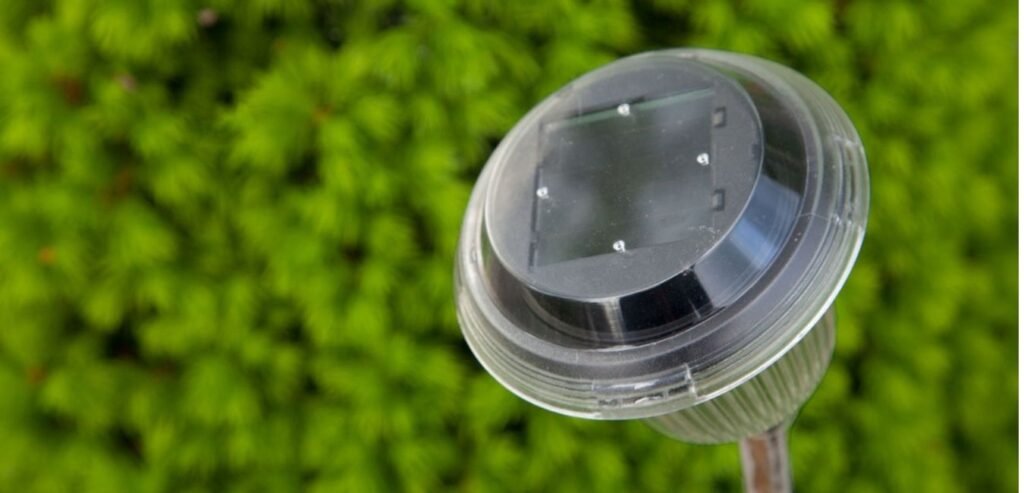
Solar light is a highly delicate technology that requires careful handling. Solar light maintenance should be performed at least once a month, if not twice a month. Solar lights can last longer if you follow these easy instructions.
Clean the surface area of the solar panel.
Because the majority of solar lights are placed outside of your home, they are subjected to a variety of elements such as dust, particles, dirt, water, and snow. To wipe the surface area of your solar light’s solar panel, use a clean cloth or piece of tissue paper. Then it will get sufficient sunshine to function effectively.
Remove obstacles.
A variety of obstacles may be present, such as tree branches, shrubs, rooftops, parked cars, and so on. It would be best if you kept these stumbling blocks at bay as much as possible regularly. (However, we strongly oppose destroying natural habitats, so avoid placing your solar lights behind trees.)
Apply protective covers.
This will minimize the likelihood of your solar lights being damaged by the elements such as rain, snow, and ice. Applying protective coverings to your solar lights is simple if you follow the steps outlined before.
Check the solar panel sensitivity.
As the device ages, problems with the solar panel or night sensor may develop. It will have a direct impact on the efficiency of solar light. You may simply inspect it and replace the necessary components as and when they become critical.
Avoid extreme cold weather conditions.
Even if you don’t live in an area where the sun shines constantly, you still need solar panels to save money on electricity. As a result, you’re curious about the longevity of solar lights in the winter. Not if they are left in the open. The safe storage guideline also applies during other periods of severe weather, such as when a snowstorm is a forecast
If the temperature outdoors is below freezing, you must bring your solar lights inside. Cold weather is harmful since it may cause your lights to dim. When winter arrives, remove the batteries from your lights and securely put them away. After that, wrap the panels with paper. Keeping them dry is the key.
Conclusion.
Because of the rapid advancement of solar energy technology, we are already using a significant number of solar-powered gadgets. Solar-powered lights are one of these options. As solar lights become more widely used, concerns have been raised regarding their long-term endurance.
Solar lights are excellent additions to your landscape since they help to draw attention to it while also leading visitors securely down the route to your door. A common issue is that solar lights are at the whim of the weather, with rain and snow being the most detrimental to their performance. These disorders may have a negative impact on their health and well-being. However, if you already have solar lights in place and don’t want to go through the hassle of replacing them, solar lights protection covers are a good option. They are inexpensive and can be created and installed in minutes.

